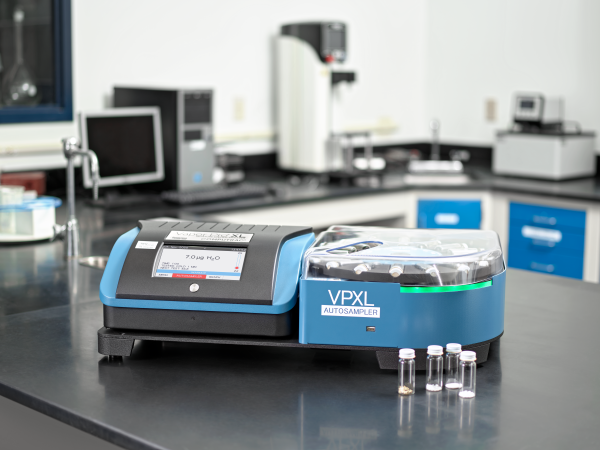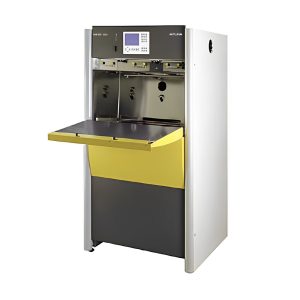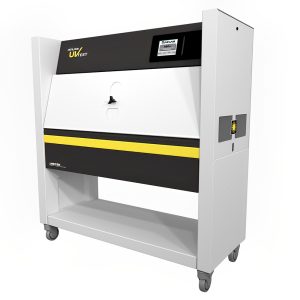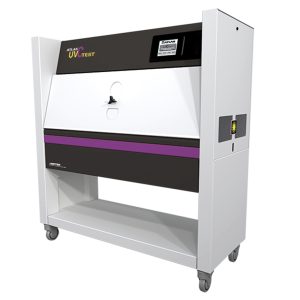VPXL Autosampler – Automated Chemical-Free Moisture & Volatiles Testing
The VPXL Autosampler delivers next-generation performance by simplifying and improving moisture and volatiles testing. By eliminating the need for hazardous chemical reagents, fragile glassware, and frequent maintenance, it provides a safe, chemical-free alternative to traditional methods such as Karl Fischer titration. This makes it not only safer for operators but also more cost-effective and environmentally friendly.
One of the key advantages of the VPXL Autosampler is its advanced automation. The system can test up to 16 samples automatically, helping laboratories and production facilities achieve higher throughput without additional manpower. Its compact, user-friendly design ensures smooth integration into daily workflows, reducing downtime and operator error.
The instrument is also highly versatile, making it suitable for a wide range of applications across industries. From plastics and petroleum products to pharmaceuticals and chemicals, the VPXL Autosampler delivers consistent and reliable results, making it the perfect choice for organizations seeking a dependable Karl Fischer titration alternative.
With stepped temperature testing capabilities up to 300°C, method development becomes more efficient. Users can program precise temperature steps across multiple samples, ensuring greater flexibility in optimizing test methods. To further enhance accuracy, the analyzer includes flexible ending criteria, allowing parameters to be tailored to specific materials or industry standards.
Data handling is another area where the VPXL Autosampler stands out. It can store up to 250 test programs, retain the last 1000 results, and save up to 100 test graphs. This robust storage capability ensures easy access to historical data, supports compliance requirements, and improves overall laboratory efficiency.
In short, the VPXL Autosampler combines safety, automation, and versatility in one compact instrument. It helps laboratories reduce costs, improve throughput, and generate accurate, repeatable results—without the risks and limitations of traditional chemical-based testing.
To learn more about how the VPXL Autosampler can enhance your laboratory workflow, feel free to reach us through our contact page at calia.com.my/contact.




